Judaism presents itself to the world as one of the oldest monotheistic religions, a faith-based tradition centered around belief in a singular, transcendent God, adherence to divine law, and communal ritual observance. Yet, upon closer examination, its foundational premises regarding membership, identity, and "chosenness" expose a contradiction so stark that it undermines its right to be classified as a religion in the strict philosophical sense.
At the center of this contradiction lies the view, deeply embedded in Jewish law and custom, that true Jewish identity is based not on belief, but on blood. Judaism holds that a Jew is someone born to a Jewish mother, regardless of what they believe, do, or reject. This singular doctrine subverts the very essence of what constitutes a religion.
A religion, by definition, is a belief system. It is something a person chooses and abides by, because he believes. The moment a tradition ties spiritual legitimacy or covenantal status to heredity rather than volition, it ceases to function as a religion and becomes something else entirely: a tribal ideology rooted in descent, not doctrine.
Religion, in its purest and oldest form, is a path. It's a metaphysical system designed to restore the human being to a state of coherence, wholeness, or alignment with something greater than themselves. It teaches that all men are born whole, but not holy; that while the human form is complete in its design, the soul’s development requires practice, sacrifice, and conscious effort. Holiness is not inherited, it is cultivated.
Judaism breaks this structure. It does not teach that wholeness must be protected or recovered. It teaches that a select group of people are born chosen, born spiritually distinct, and that their divine status is not based on choice, belief, or righteousness, but on blood. In doing so, Judaism forfeits its right to be called a religion in the classical sense. It becomes something else entirely: a closed metaphysical caste system, built on bloodline supremacy, legal dualism, and ideological immunity from criticism.
This essay outlines the totality of that contradiction—tracing its implications through history, law, theology, ethics, and civilization.
A true religion is based on the following philosophical principles:
- Universality of moral law: all humans are subject to the same ethical expectations.
- Access through belief and transformation: anyone, through conviction and practice, can attain spiritual proximity to the divine.
- Inner growth over outer identity: holiness is something acquired through humility and discipline, not inherited.
Judaism violates every one of these principles:
- Jewish law contains dual moral standards, one for Jews, another for non-Jews.
- Jewish identity is based on matrilineal descent, not belief. A secular Jew born of a Jewish mother is fully included; a devout non-Jew is not.
- Conversion is discouraged or obstructed, and converts are frequently treated as second-tier members, with limited status in communal or legal life.
Thus, Judaism is not a religion in the universal sense. It is a tribal legal system that functions to preserve a bloodline, not liberate souls.
Judaism is the only major system of belief that makes bloodline the foundation of divine favor:
- The concept of being “chosen” is not metaphorical, it is ethnic.
- Jewish souls are taught in mystical texts (e.g., the Tanya) to be of different spiritual origin than non-Jews.
- Jewish law privileges the in-group at all levels—legal exemptions, ritual obligations, and even in matters of debt, war, and property.
“You may charge a foreigner interest, but not your brother Israelite.” Deuteronomy 23:20
This passage encodes a moral double standard directly into the divine law, based not on behavior, but on kinship. There is no teaching here that all men must be treated with equal love, or that righteousness determines moral standing. What matters is who your mother is.
This is not religion. It is sacred tribalism, and its goal is not spiritual refinement, but preservation of the tribe’s dominance and exemption from universal standards.
In all other world religions, race plays no structural role:
- There are black Christians, white Muslims, Chinese Buddhists, and all are considered spiritually equal.
- None of these systems require DNA testing to verify the legitimacy of one’s faith.
- Israeli institutions (e.g., Technion, Weizmann Institute, Hadassah Hospital) have conducted large-scale Jewish genome studies, often in collaboration with US research centers.
- The concept of "genetic Jewishness" has been used in Israeli immigration policy, sometimes even granting immigration rights based on genetic markers (e.g., with Ethiopian or Indian Jewish communities).
Judaism stands alone in:
- Using genetic testing (e.g., for Israeli immigration or tribal lineage).
- Prioritizing matrilineal descent over belief or behavior.
- Structuring religious law and community access around ancestral identity, not theological adherence.
The consequence is that Judaism treats non-Jews not as fellow seekers of truth, but as external to the divine order, even when moral, believing, or righteous.
This is not religion. It is racial exceptionalism, encoded in theology.
There is a deep historical irony in Jewish involvement in genetics:
- Nazi eugenics programs targeted Jews as racially inferior.
- Postwar Jewish scientists (many of whom fled Europe) became leaders in ethical debates and technological developments in genetics.
- Some see this as a form of reclaiming the narrative, taking control of the tools once used to dehumanize Jews.
By tying spiritual status to biological descent, Judaism introduces a non-ideological component into religious identity. This leads to consequences that mirror racial ideology:
- The idea of "Jewish blood" has historically been used internally (by rabbis and authorities) to determine tribal legitimacy, and externally (by antisemites) to target Jews.
- The Israeli Law of Return gives preferential immigration status based on genetic Jewish descent, even to atheists, while rejecting practicing non-Jews who are not of Jewish lineage.
- Rabbis often deny conversions or limit them on the basis of ethnic or racial identity (Ethiopian Jews, Indian Jews, even Russian Jews have faced this).
Thus, the logic becomes circular and exclusionary:
- Belief is not enough to be a Jew.
- Birth is always enough, regardless of belief.
- Therefore, Judaism is not just a religion,it’s a racialized tribal identity.
f a system defines its members by heredity, not conviction, then its claim to be a “religion” collapses into a blood cult or ethnosupremacist ideology, whether benign or not.
This creates an inherent contradiction:
- Judaism claims to worship a universal God.
- Yet it defines chosen status by bloodline, not by spiritual merit or belief.
- This is incompatible with the core idea of moral or spiritual universality.
To draw a parallel: imagine if Christianity declared that only the biological descendants of Peter could be “true Christians.” Or if Islam claimed only Qurayshi bloodlines could attain salvation. Such doctrines would be universally condemned as elitist and un-Islamic or un-Christian. Yet this is normalized in Jewish law.
No one is born holy. But everyone is born whole, not perfect in behavior, but perfect in design: complete, intact, and tethered to the Source of Being. The human challenge is not to create holiness out of nothing, but to retain and refine the wholeness we begin with, as we pass through time, struggle, ego, and decay.
To die holy takes work, daily practice, humility, awareness, and discipline. Without it, what is born whole inevitably degenerates into fragmentation. That is the true purpose of religion, not to play god with rules about good and evil, nor to legislate morality, but to provide a framework, a way of life, that helps human beings remain coherent with the whole they once were.
But not all belief systems aim at this.
The Jewish ideology does not concern itself with this degeneration of the soul. It does not teach that one must strive to return to wholeness. It begins with a different assumption: that some are born whole in a way others are not, and that this wholeness is racial, biological, permanent, and irrevocable. It is not chosen. Not earned. Not in danger of being lost.
That wholeness, in Jewish law and mysticism, is encoded in blood—a genetic sanctity passed through the mother, immune to behavior, immune to sin. No matter how selfish, corrupt, or cruel the person, if they are born of a Jewish mother, they are part of the covenant, the chosen, the unbroken chain. Their actions may violate law, but they do not fracture the soul, because their soul is different by design.
In this framework, there is no need for inner struggle, no urgent imperative to restore balance, no metaphysical fear of disconnection. Because disconnection is impossible.
In all other true religions, the soul is a living flame, and it must be fed or it will flicker out. In Judaism, the soul of the Jew is treated as a torch wired directly to the divine, regardless of how it's used.
- In Christianity, the question is: “How can I return to grace?”
- In Islam: “How can I submit to the truth above my self?”
- In Buddhism: “How can I free myself from illusion and suffering?”
- In Judaism: “I am already chosen. The rest is maintenance.”
One is a path. The other is a birth certificate.
So while every other true religion treats holiness as a process, fragile, sacred, and earned, the Jewish system treats it as a fixed condition of the blood, impervious to degeneration.
And in this inversion lies the root of its incompatibility with all other belief systems: it denies the shared human struggle for coherence and wholeness. It exempts one group from the universal law of return.
And anything that exempts itself from the law of return is not a religion.
It's a closed system of birth right, maintained through ritual, bloodline, and exclusion, not for the purpose of restoring the soul, but for preserving a caste that claims its own wholeness can never be lost.
The Christian doctrine of the Virgin Birth is not merely mystical, it is a direct metaphysical response to the Judaic bloodline system:
- Jesus is born without male lineage, severing tribal inheritance.
- His authority comes from divine truth, not genetic descent.
- His message is open to all, and holiness is accessible by faith and moral rebirth, not ancestry.
The Jewish response was not to engage this transformation, but to reinforce the racial narrative by shifting from patrilineal to matrilineal descent, protecting their exclusivity against the rising tide of universal faith.
Thus, Christianity and Judaism are not merely different religions. They are opposite metaphysical systems:
- One says “Come as you are, be transformed.”
- The other says “Only we are chosen, and you never will be.”
The Holocaust, while a real and horrifying event, has been elevated into a civilizational firewall around Judaism:
- Criticism of Jewish power, law, or exclusivity is labeled “antisemitism.”
- “Antisemitism” is treated as an eternal, irrational force, divorced from behavior, history, or structure.
- Holocaust memorialization has become a global moral economy, used to:
- Justify Zionism
- Criminalize dissent
- Claim perpetual moral superiority
Meanwhile, no other ethnic group, despite greater poverty, higher violence rates, or comparable genocides, has the same institutionalized protection of their trauma.
When we examine actual violence, Jews are among the safest, most protected groups in the world:
- They experience far fewer murders than Blacks, Latinos, Asians, or even white working-class communities.
- Most “antisemitic” incidents reported are graffiti, jokes, or speech—not physical attacks.
- Yet Jews are uniquely protected in law, media, and public discourse.
The idea that Jews are uniquely endangered is not supported by data. It is a cultural construct, maintained to shield a system that elevates one people’s identity, law, and history above all others.
What Judaism has constructed is not a theology of transcendence, but a linguistic system of insulation. Through ritual law, semantic framing, and institutional repetition, criticism of Jewish particularism becomes indistinguishable from hatred. This conflation is deliberate:
- To question bloodline theology is branded as bigotry.
- To interrogate dual moral law is framed as historical ignorance.
- To challenge the political immunity of the Jewish elite is treated as incitement.
This rhetorical structure functions as a shielded caste system: a framework where one group claims sacred status, and then criminalizes any effort to examine, much less dismantle, that status.
Religious concepts, repentance, humility, universalism, are replaced by contractual belonging, genealogical privilege, and a theology of separation. This is not spiritual leadership. It is a closed loop of self-reference, armored against moral accountability.
In Judaism, the emphasis on ancestral continuity replaces the pursuit of universal truth. The question is not “what is good?” but “who are we?” And that “we” is strictly bounded by blood and law.
As a result:
- Moral principles become secondary to group loyalty.
- Justice becomes internal, not universal.
- History becomes a tool of identity, not illumination.
This structure is antithetical to the function of religion, which should always be a vehicle for dissolving the ego, not glorifying it. Judaism, in this model, becomes not a bridge to the divine but a mirror of the tribe, a reinforcement of self over soul.
In the modern world, where power is increasingly consolidated in institutions built or influenced by Jewish elites—finance, media, law, politics, the claim to religious immunity becomes dangerous. It allows a non-meritocratic oligarchy to cloak itself in the untouchable robes of victimhood.
To question this is not hate. It is resistance to an inverted moral order.
- Where birth replaces belief
- Where loyalty replaces truth
- Where criticism becomes heresy
This is not sustainable. No system based on sacred exceptionalism can survive indefinitely in a world that demands transparency, universality, and truth.



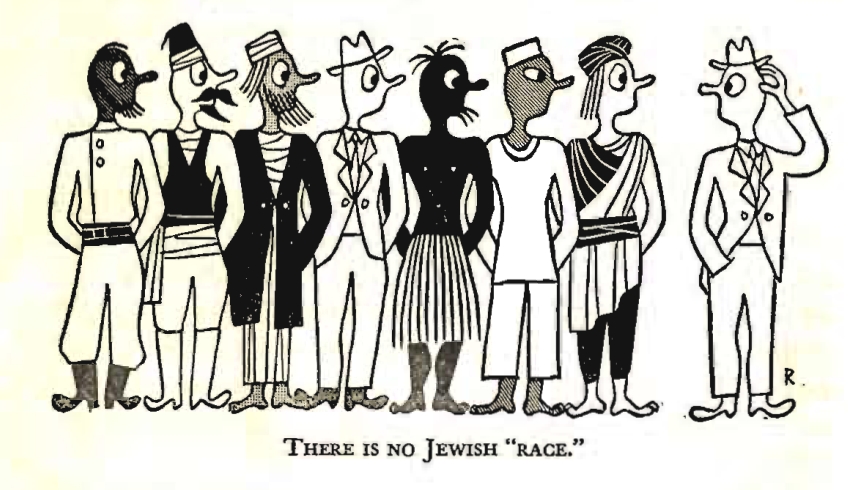
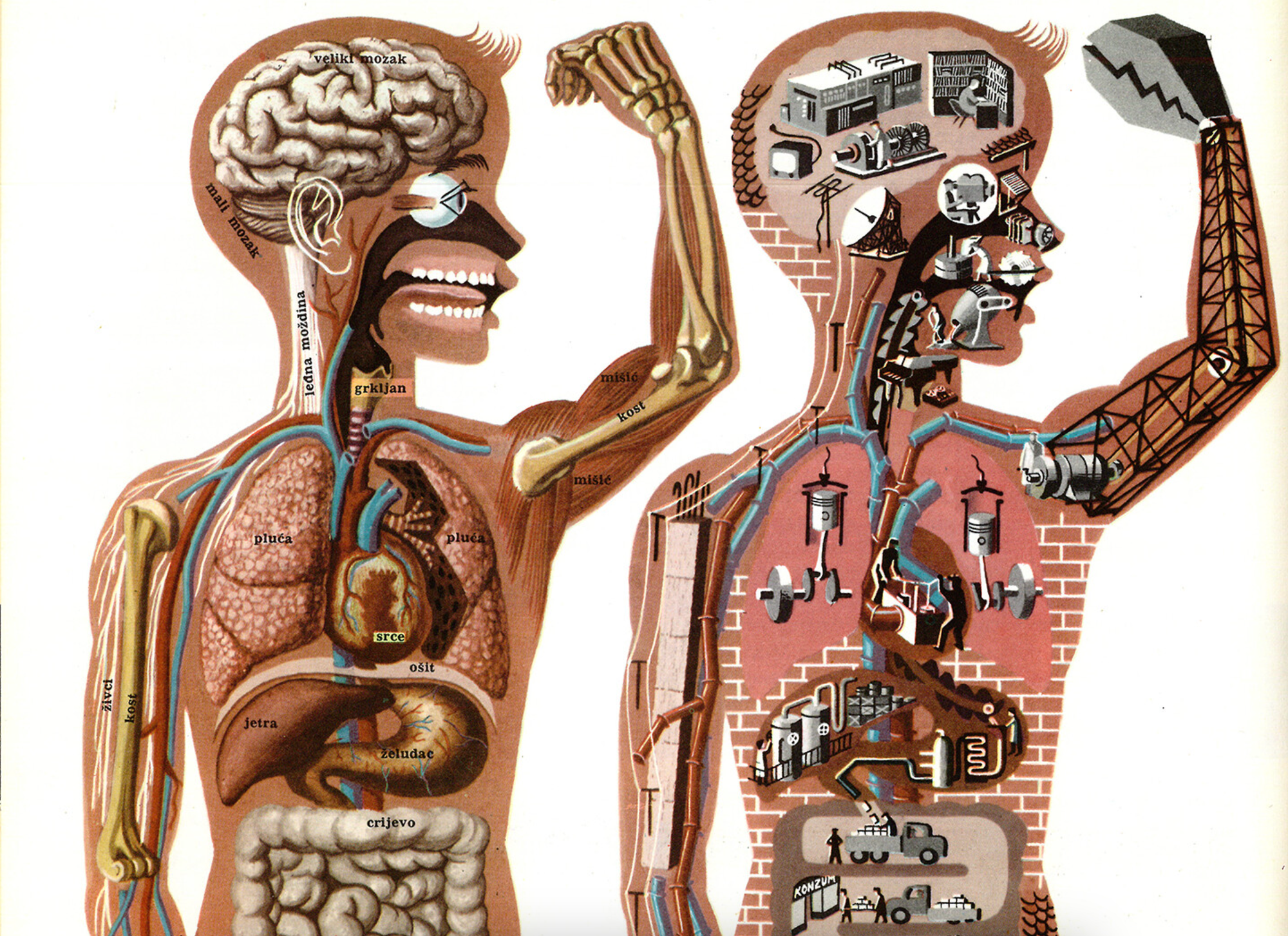

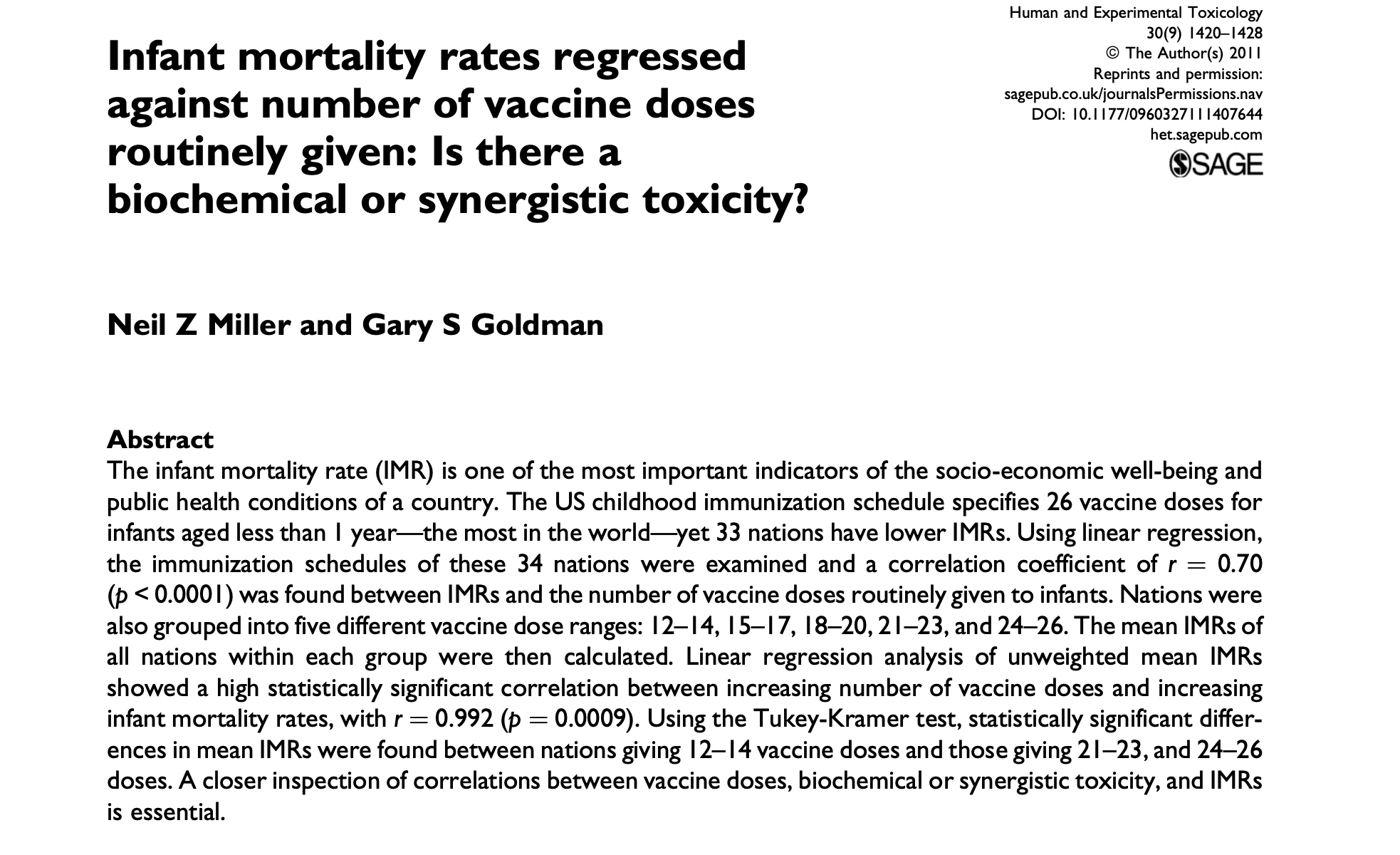
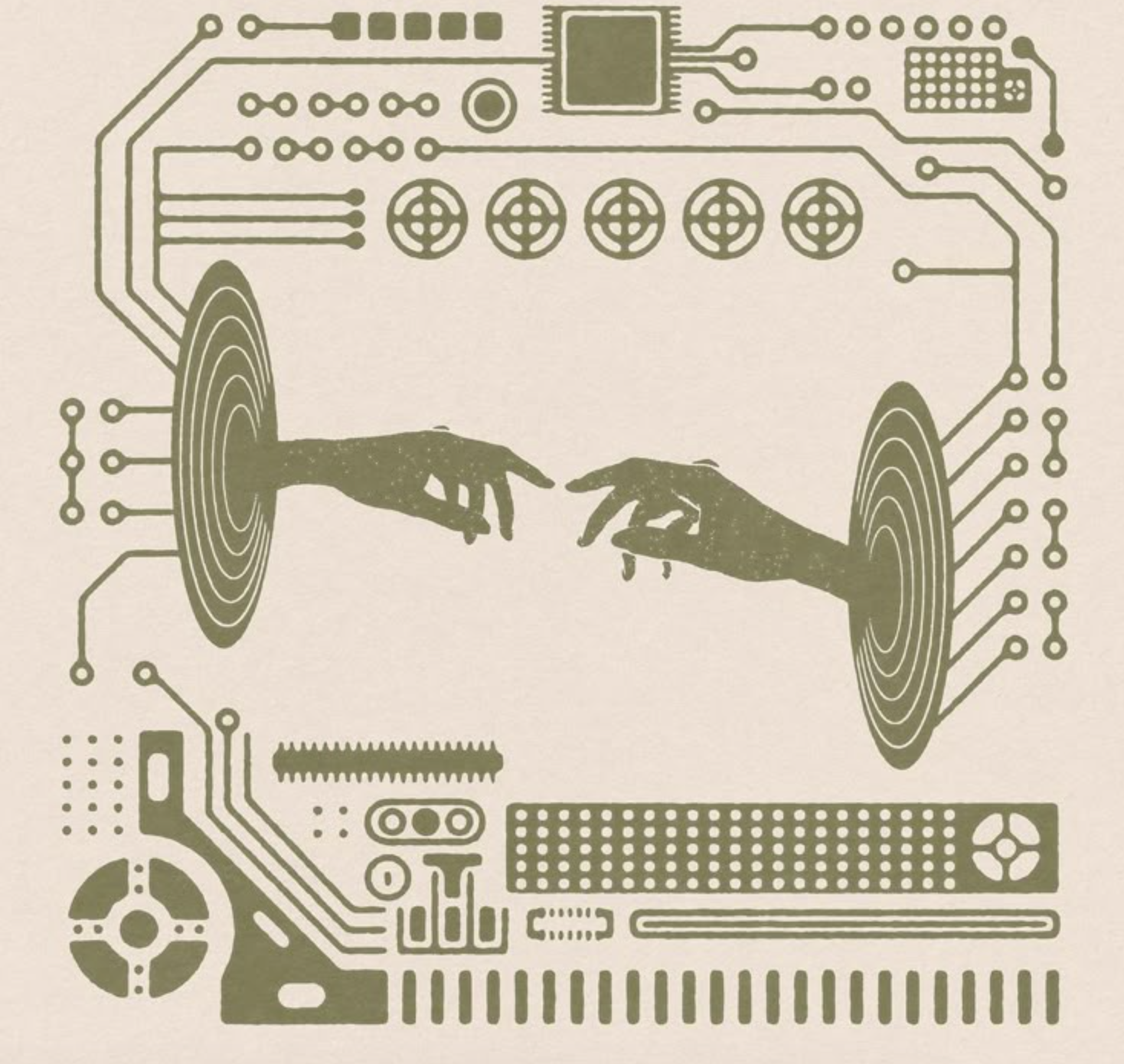



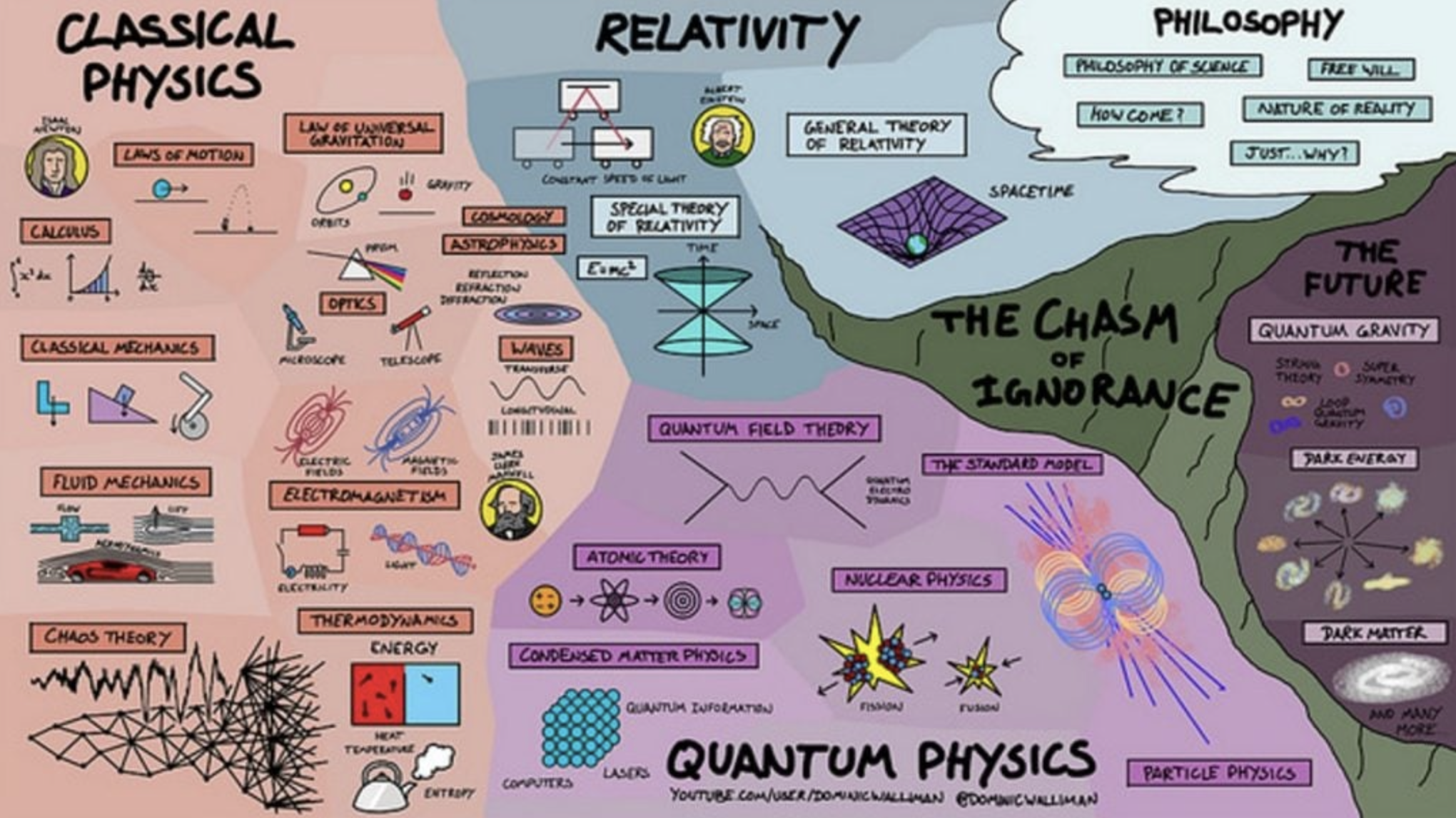

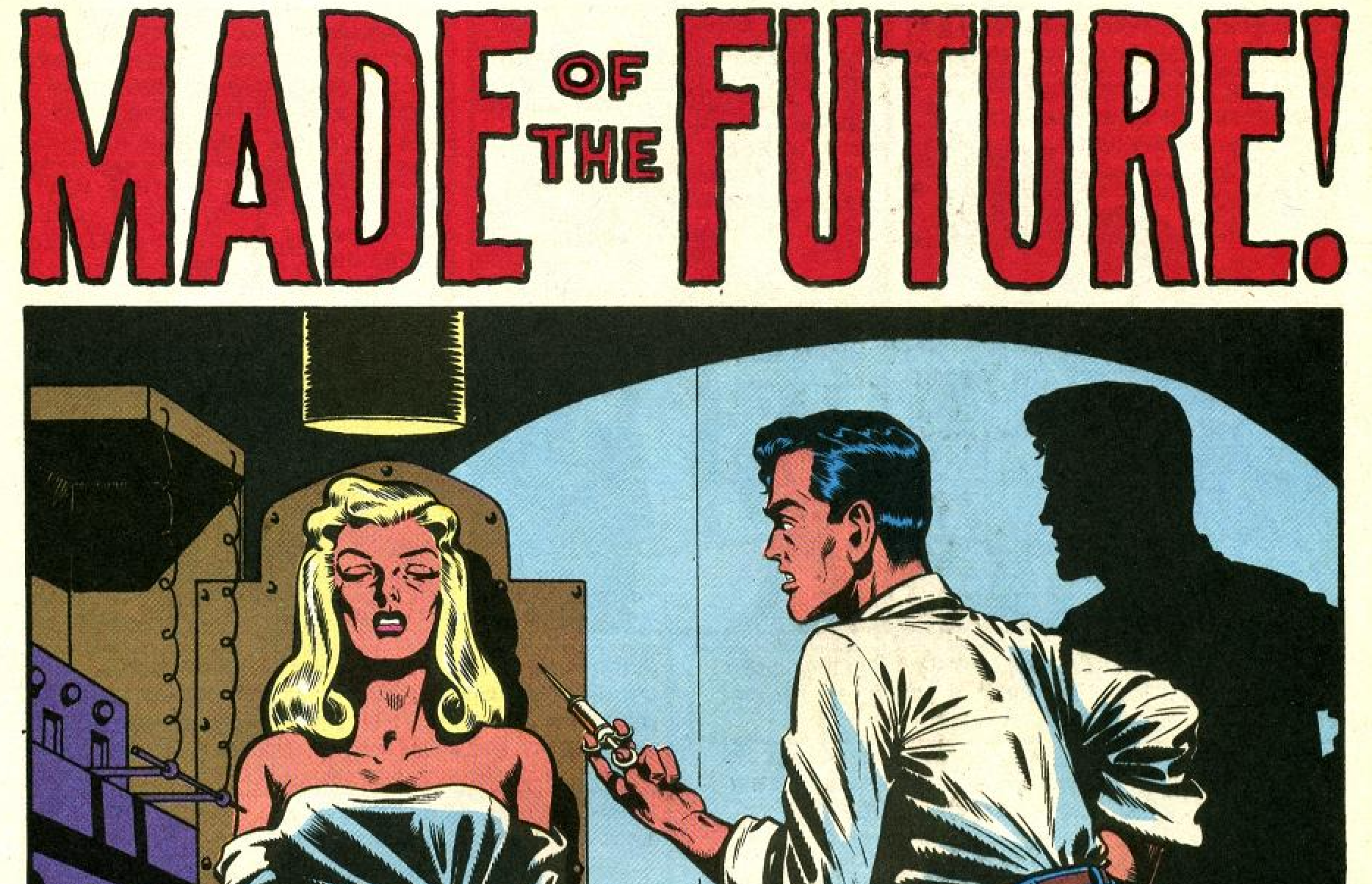
Discussion